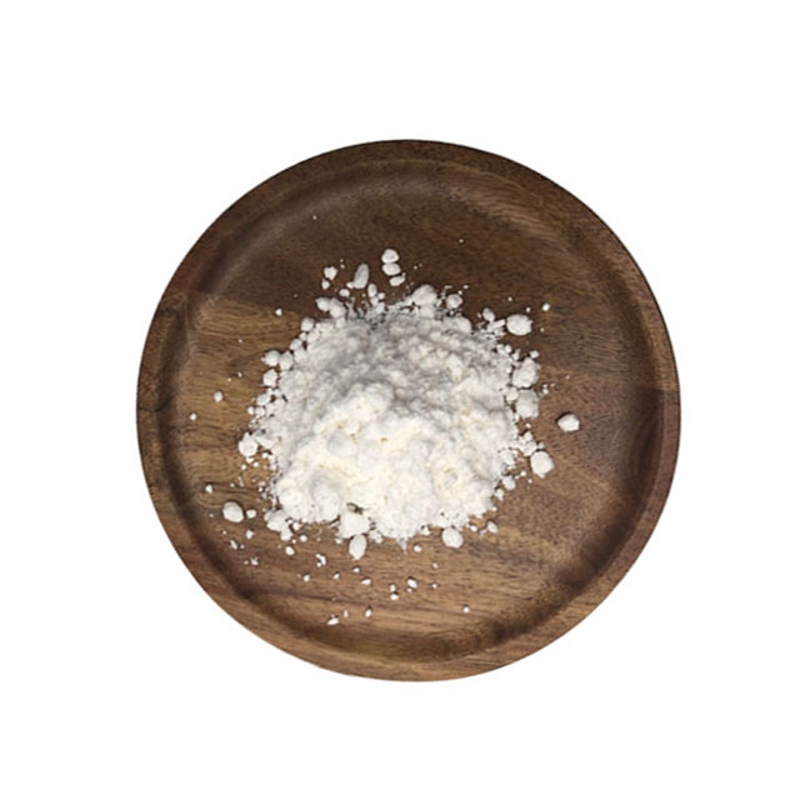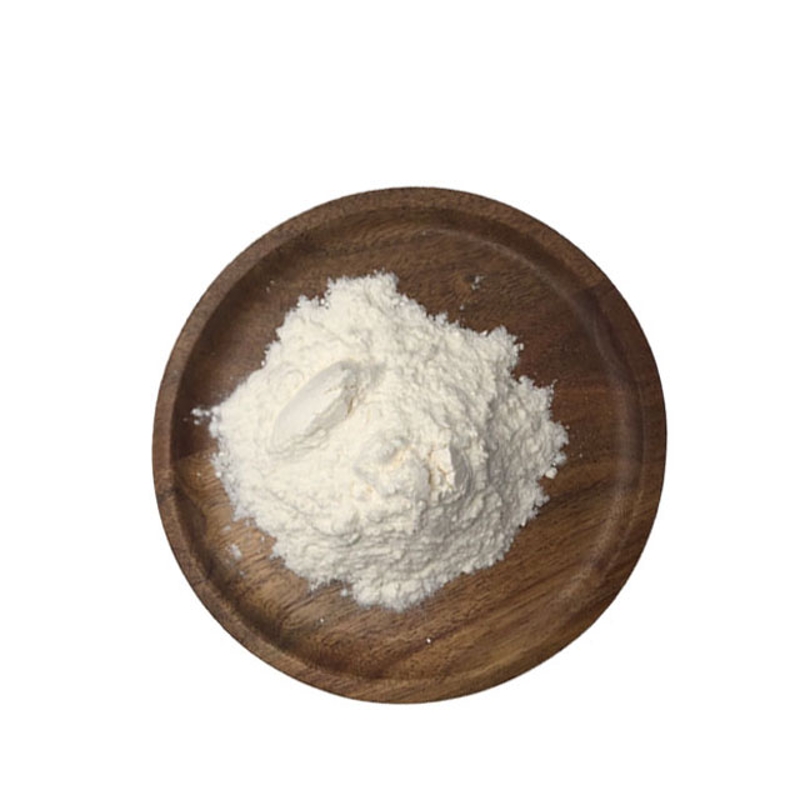-
Categories
-
Pharmaceutical Intermediates
-
Active Pharmaceutical Ingredients
-
Food Additives
- Industrial Coatings
- Agrochemicals
- Dyes and Pigments
- Surfactant
- Flavors and Fragrances
- Chemical Reagents
- Catalyst and Auxiliary
- Natural Products
- Inorganic Chemistry
-
Organic Chemistry
-
Biochemical Engineering
- Analytical Chemistry
- Cosmetic Ingredient
-
Pharmaceutical Intermediates
Promotion
ECHEMI Mall
Wholesale
Weekly Price
Exhibition
News
-
Trade Service
This article involves professional knowledge and is only for medical professionals to read and reference fertility preservation and reasonable reproductive intervention decisions are very important.
The fertility problem of patients with hereditary tumors is a major public health issue that is of common concern to all countries in the world, and it is also a social issue that has attracted global attention.
In recent years, with the rapid development of tumor treatment methods, the survival rate after tumor treatment has greatly improved, and the absolute number of young tumor patients is also increasing year by year.
This urgently requires an effective mechanism to guide and intervene in the fertility of patients with hereditary tumors.
Thereby giving birth to a healthy next generation.
On May 29th, Professor Xu Chenming, deputy director of the Genetics Center of the Obstetrics and Gynecology Hospital of Fudan University, shared the "Genetic Tumors" at the "2021 Reproductive Medicine New Advancement Class and the 7th Jiai China-US Reproductive Medicine High-level Forum".
The PGT Application" keynote speech.
The following content is based on the on-site speech of Professor Xu Chenming.
01 The incidence of tumors in young people of all ages has risen in the past 10 years (2007-2016) shows that the incidence of tumors in young people of all ages has increased significantly.
For adolescents aged 15-19, the incidence of lymphoma is the highest; for people aged 20-29, the incidence of thyroid cancer, testicular cancer and melanoma is the highest; by the age of 30-39, women’s breast cancer, thyroid cancer and black Tumors are among the top three in incidence, and 20%-40% of diagnosed cases of breast cancer are younger than 40 years old.
02 Radiotherapy and chemotherapy cause reproductive toxicity problems, and young cancer patients face challenges to fertility problems.
Alkylating agents in chemotherapy drugs can cause severe testicular damage, leading to oligoasthenospermia or azoospermia in men, ovarian damage and ovarian atrophy in women, histological observation It shows that the severity of edema and vacuolation of female ovarian tissue is related to the patient's age and treatment plan.
Radiotherapy and chemotherapy may directly affect the resting pool of the primordial follicle or the growth of the developing follicle group, leading to the loss of follicles and the accelerated loss of ovarian reserve; damage to granulosa cells leads to indirect damage to the follicles.
Radiotherapy can inhibit the nuclear DNA synthesis of oocytes in female patients, prevent cell division, lead to exhaustion of the primordial follicle pool, shorten reproductive life, and lead to early-onset ovarian insufficiency and infertility.
Because the incidence of tumors in people of all ages is increasing year by year and the improvement of tumor treatment methods, the survival rate of tumor patients after treatment has been greatly improved, and the absolute number of young patients with malignant tumors has increased year by year.
On the other hand, due to the pressure of modern society, the age of women's childbearing has been significantly delayed, and many patients have not finished giving birth when the tumor is diagnosed.
Therefore, fertility preservation and reasonable reproductive decision-making should become an important part of improving the quality of life of cancer survivors.
03 Pay attention to the genetic testing of patients with familial tumors.
Hereditary tumor syndromes are caused by mutations in specific disease-causing genes that cause these individuals to have a significantly higher risk of tumors than the general population, which is a type of tumor with familial clusters.
Hereditary tumor syndromes account for 5-10% of tumors.
Based on the calculation of 4 million new cases in China each year, 400,000 are hereditary tumors.
Most hereditary tumors are inherited in an autosomal dominant manner, and the genetic risk of disease-causing genes is 50%, so they have the characteristics of multiple generations of onset and continuous transmission.
In view of the overlap between the types of tumor syndromes, it is recommended to test multiple hereditary tumor syndromes at the same time.
Classic susceptibility syndrome: BRCA1, BRCA2, APC; rare tumor susceptibility genes with high penetrance (RTEN, TP53, STK11, CDH1), moderate penetrance gene mutations (PALB2, CHEK2, ATM, NF1, RAD51C) , RAD51D, BRIP1) is also recommended to be included in the detection range.
04PGT opens a new door for hereditary tumor syndromes.
Pre-implantation genetic testing (PGT) refers to the genetic testing of embryos from in vitro fertilization to screen out embryos with abnormal genetic material to obtain normal embryos.
generation.
Because tumor susceptibility does not mean that the offspring of the patient will have tumors, but the risk of cancer is increased.
Therefore, for hereditary tumor syndromes, conventional prenatal diagnosis has its drawbacks, while for PGT technology, it is more ethically acceptable to choose between normal and abnormal embryos and not terminate pregnancy.
In 2018, experts from five societies including the Reproductive Health Professional Committee of the China Maternal and Child Health Association compiled the "Expert Consensus on Preimplantation Genetic Diagnosis and Screening Technology", which clearly pointed out: serious diseases with genetic susceptibility, such as genetic tumors and Couples who need human leukocyte antigen matching can be included in the indication of PGT and have the opportunity to have a healthy or suitable matching child through PGT.
Summary: In the context of tumor rejuvenation, fertility preservation and reasonable reproductive intervention decisions should become an important part of improving the quality of life of tumor survivors.
Newly diagnosed women of childbearing age who need radiotherapy and chemotherapy should receive appropriate and complete fertility consultation; The oncologist is the first person to contact the patient.
It is necessary to strengthen the communication between reproductive and oncology specialists, and establish a channel for patient referral; reproductive health issues in the care of cancer patients should not be ignored, especially related to tumor heredity; clear The awareness that carriers or patients of genetic tumor susceptibility gene mutations can give birth to healthy next generations through PGT needs to be further popularized.
Source of this article: Obstetrics and Gynecology Channel of the medical community.
This article is organized by: Yuan Ruosen Review Expert: Xu Chenming Editor: Yichuan Copyright Statement .
cn







